Here’s a more in-depth description of the questions and answers from the Voice of the Future event.
My question was to Chi Onwurah, the first person in the hotseat. You can watch it at this link (14:24:30-14:26:27). The question was: “The government is promoting apprenticeships, but many jobs are still advertised as requiring a degree, ruling out those who took a non-academic route. What should we do about this?”
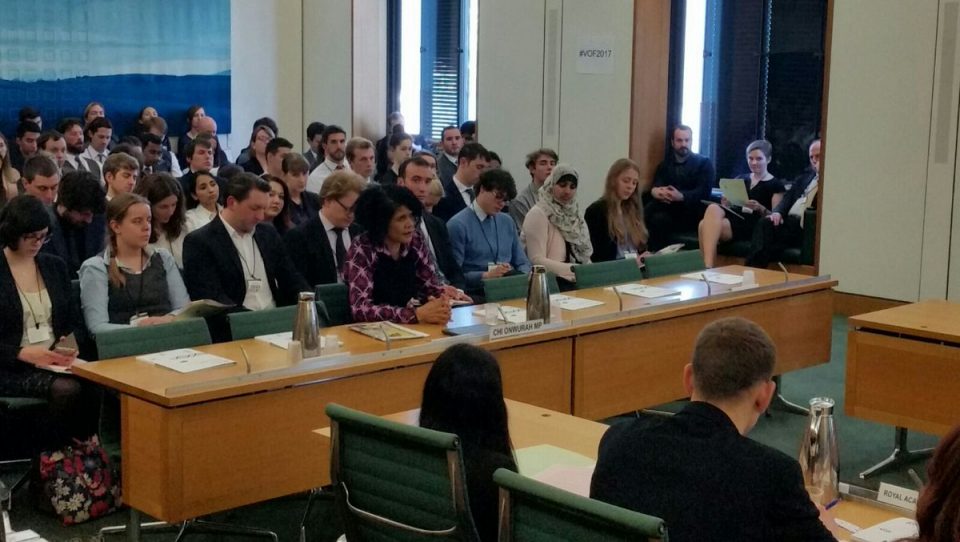
As a last-minute substitute, I didn’t contribute to the question, but it’s a good one! Apprenticeships are very important alternatives to university, and they should be treated as legitimate alternative routes to good careers in a variety of fields, including scientific ones such as lab technicians and forensics.
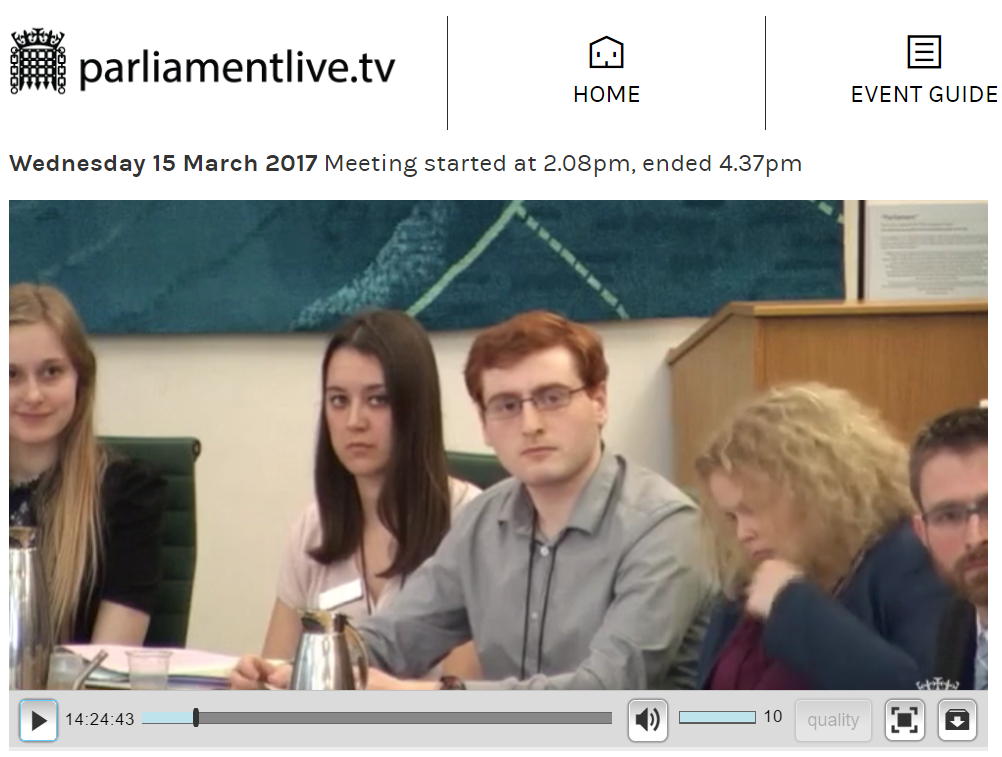
Thankfully, she had a very good answer to this very good question! It began with a canned response outlining Labour’s policy on “advanced apprenticeships” (distinguishing itself from what Labour claims is the Tories’ focus on lower-skilled ones). But it’s good policy, so I’m happy. She also talked about changing the culture surrounding apprenticeships, suggesting we could increase transparency by highlighting people who have become successful via the apprenticeship route. She also noted that when she began her career as an engineer (after graduating from Imperial College!) many of the CTOs she met had come through the apprenticeship route, and lamented that this was no longer the case.
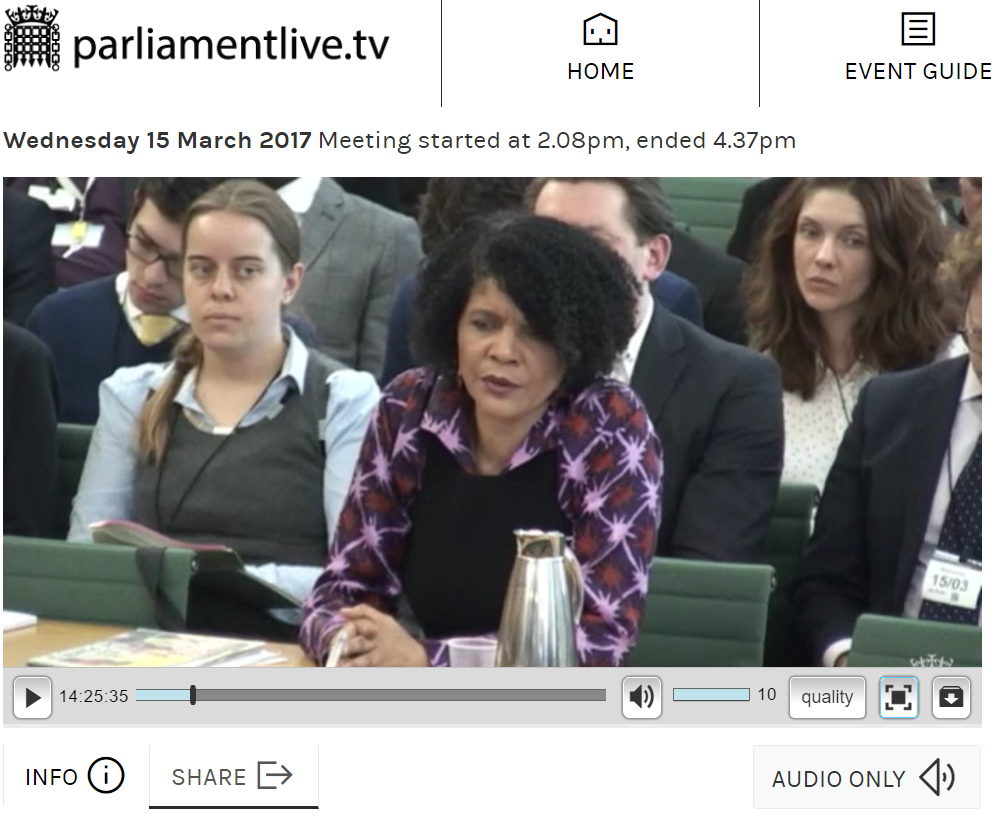
Chi also had great responses to other great questions. These included a nod to the excellent new film about NASA engineers called Hidden Figures in response to a question about mathematical literacy in schools, and the great quote “we shouldn’t change the meaning of science for one man” in reference to a certain orange-faced POTUS… She also spoke excellently on issues faced by women in STEM. Her whole section is worth a watch; she’s a thoroughly impressive MP.
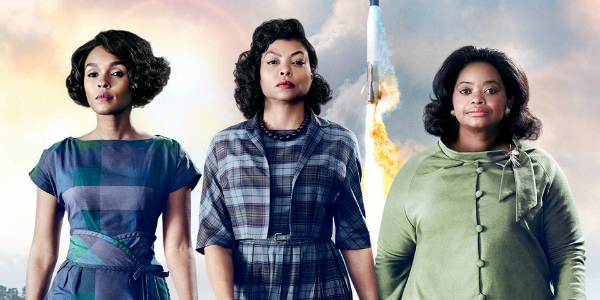
Mark Walport was up next and also had some interesting things to say. Notably, he endorsed the STEAM acronym, adding “arts” to the usual science, tech, engineering and maths acronym. He also encouraged more reporting of negative results in science, discussed how to act when science and public opinion collide, and how to write policy governing self-driving cars.
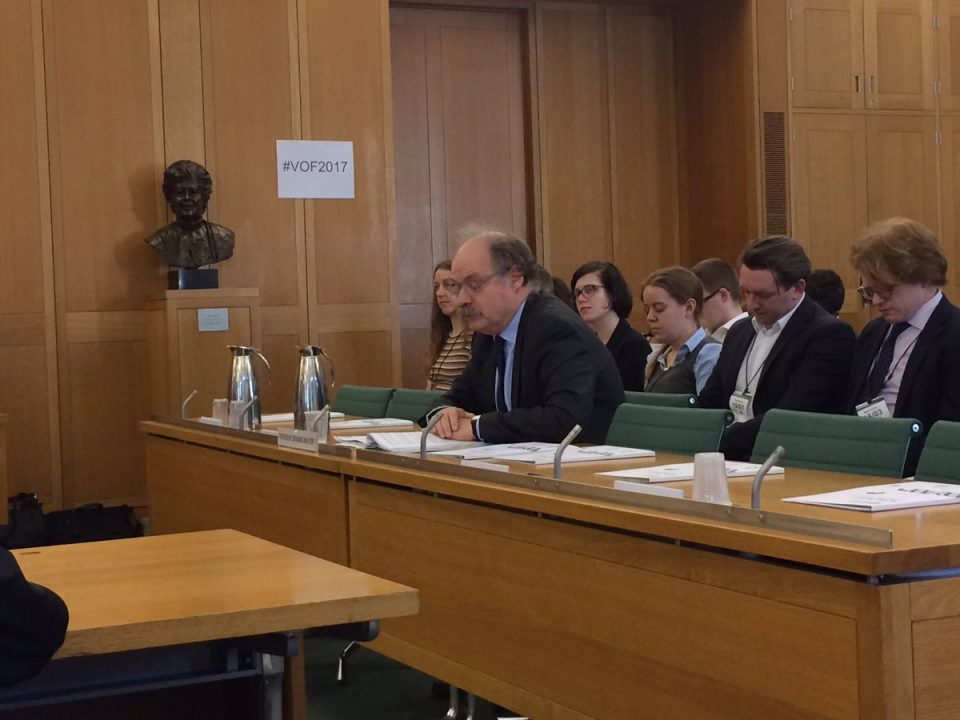
After Mark came Jo “No, You’re Thinking Of My Brother” Johnson MP. For me this was the most interesting part of the event. He gave some good answers where he defended so-called blue skies research, endorsed evidence-based policy, and expressed support for open-access publication. But of course, he also defended a lot of government policy I’m not too happy about, including the TEF, immigration, and, of course, (*long, deep sigh*) Brexit.
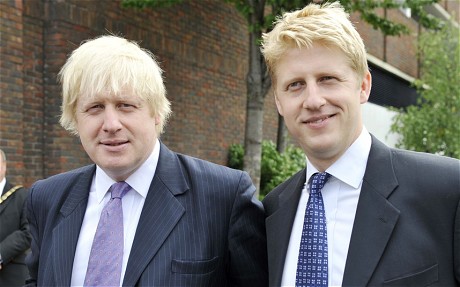
He gave the usual platitudes around valuing collaborations with EU research collaborators, but as they say in Westeros, words are wind. It’s one thing to say how much you care about preserving UK/EU collaborations, it’s another to want to burn every bridge we have with Europe, as the May government he is part of is doing.
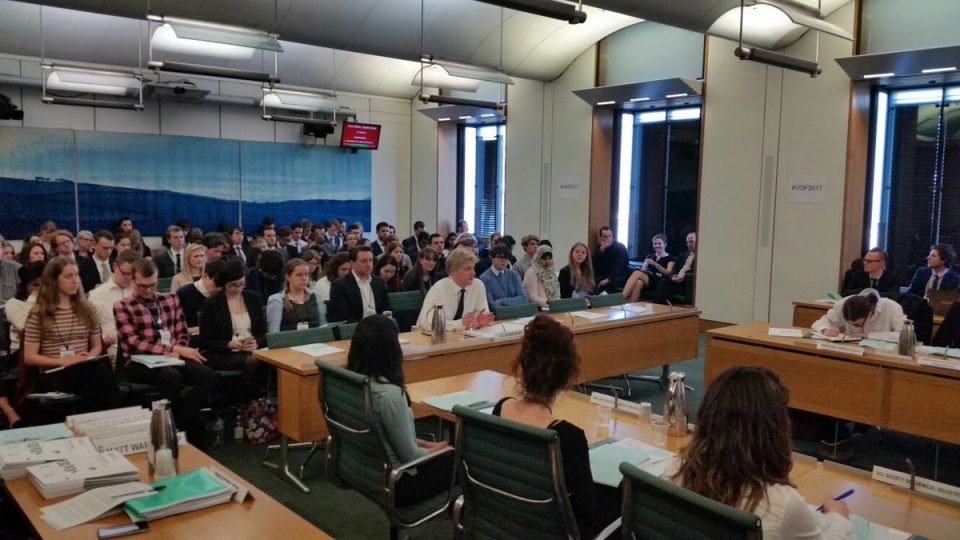
He was also asked an important question by the Geological Society: “why does the government continue to include international students in the immigration cap?” I felt his response was not good enough. For a start, in what I thought was a typical patrician Tory remark, he said “this conversation produces a lot of heat and not much light”, which sounds like the kind of thing you’re free to say when you’re not directly affected by these policies, unlike a lot of people I know personally.
He claimed “there’s no limit to the number of international students that can come to the UK”, which may be true, but the government does currently include international students in immigration figures. (Though as of this week that may change!) This is a highly charged and provocative statistic which has been the source of much political chest-thumping in recent years, mainly thanks to UKIP and the tabloids.
The Tories infamously pledged (and re-pledged!) to reduce net migration to below 100k a year, and, as Home Secretary, Theresa May introduced punishing laws concerning international students who graduate to help achieve this (unachievable…) goal. Clearly including international students in immigration figures produces tangible effects on policy, and Jo seemed to be either wilfully or ignorantly denying this fact as he tried to get away with slipping a pretty big caveat into his defence of the government’s policy in this area.
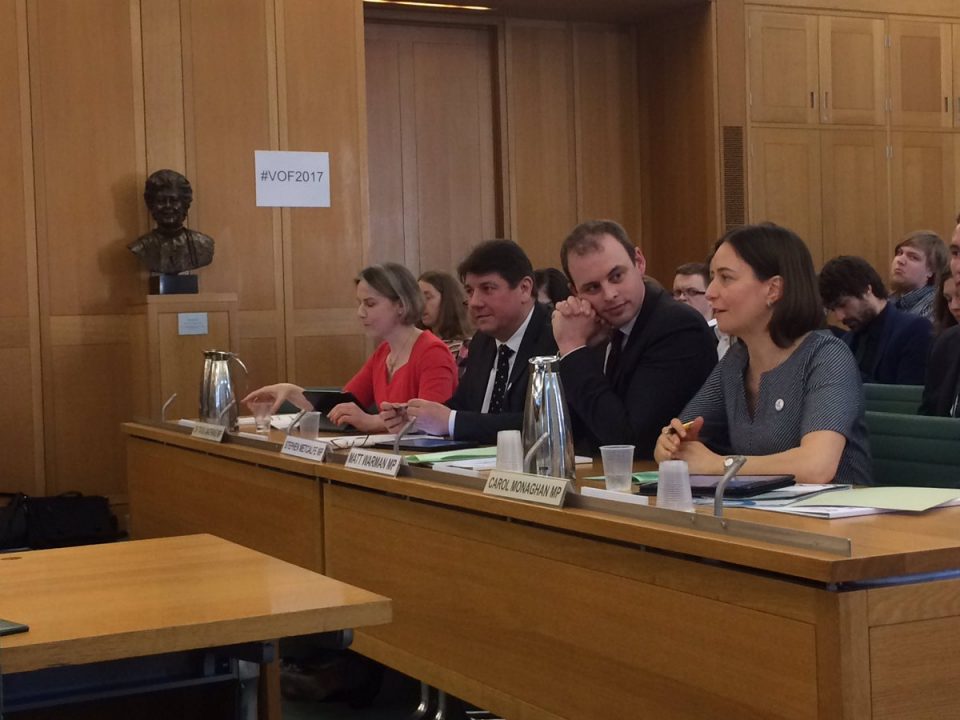
Finally, Jo was replaced with four members of the actual committee: Stephen Metcalfe, Dr Tania Mathias, Matt Warman and Carol Monaghan (three Tory and one SNP MP respectively). Anna, a friend of mine representing the Council for the Mathematical Sciences, asked a great question about how AI and policy intersect, including a discussion of “robot taxes”. Another person asked about the UK space industry (something I’m involved with in a small way), we got the inevitable “post-truth politics” discussion, and more Brexit platitudes which my friend dismissed rather effectively (but to be fair, Tania, one of the Tories on the panel, did rebel against the government to protect EU residents post-Brexit…)

With respect to their oratory abilities, amicability, and intelligence, no MP stood out as being notably better or worse than any other. They all seemed like fine parliamentarians. But it’s no secret that I prefer Labour to the Conservatives, and so it’s inevitable that I’d conclude I was more impressed by Chi’s answers than Jo’s (though to be fair I liked a lot of what Tania had to say). While everyone had great, positive points to make which showed they clearly understood the challenges faced by people working in STEM, I couldn’t look past Jo’s bad defences of what I think are some bad government policies. I wish I could have scrutinised what he had to say, to be honest. I still stand by what I wrote in the first post, though. This was an incredible event I’m very grateful to have been a part of.